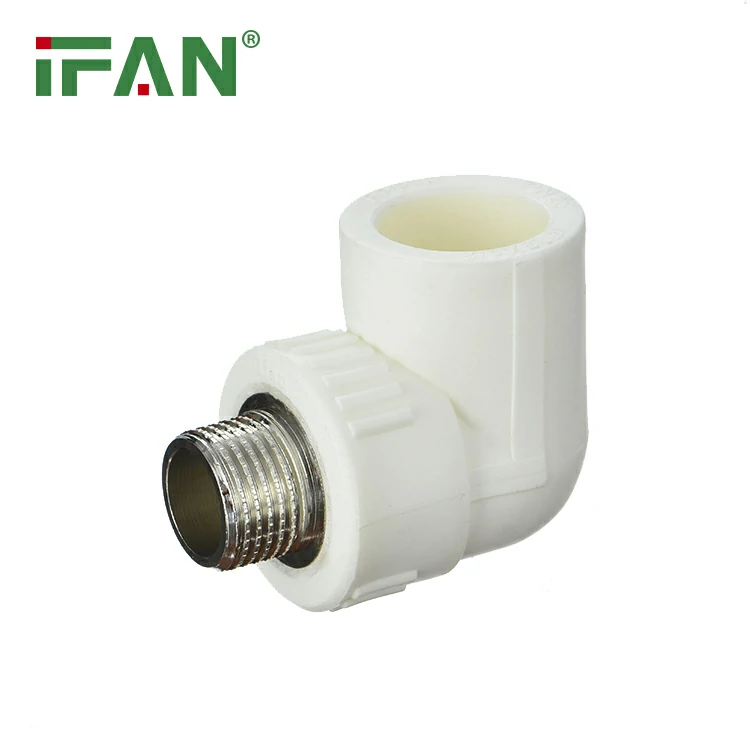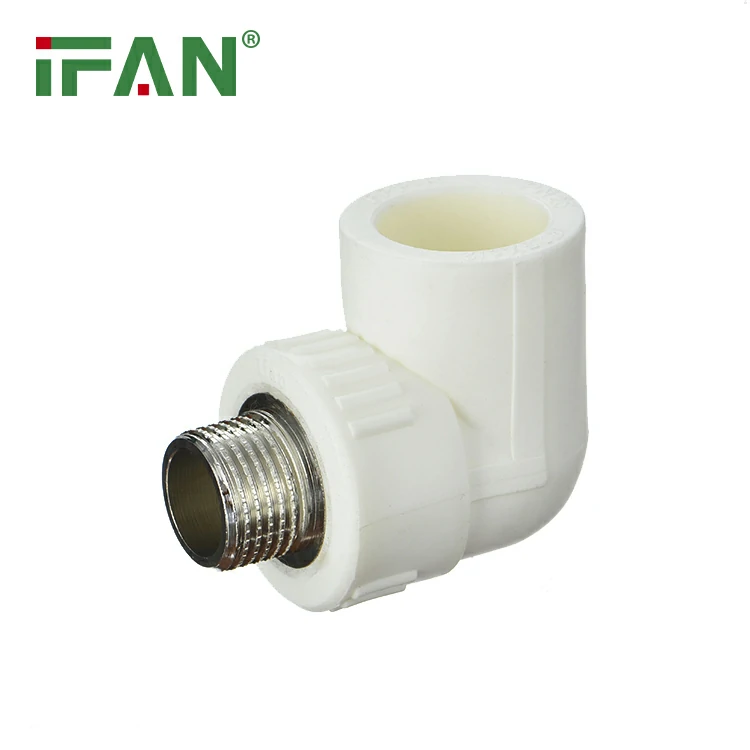1. Introduction
For customers in the water supply and construction industries, understanding the raw material sources of PPR pipes is critical for ensuring project safety and long-term reliability. In this blog, we address the frequently asked question: “Does IFAN PPR pipe use imported polypropylene raw materials?” We’ll also explore how material sourcing impacts product quality and why transparency matters for your projects.
2. Why Raw Material Quality Matters in PPR Pipes
2.1 Key Properties of Polypropylene
Polypropylene (PP) is the foundation of PPR pipes. High-quality PP provides:
- Heat resistance: Withstands temperatures up to 95°C
- Chemical stability: Resists corrosion from water treatment chemicals
- Durability: Lifespan of 50+ years in buried applications
2.2 Risks of Low-Quality Raw Materials
Non-compliant materials may:
- Leach harmful substances into drinking water
- Crack under pressure or temperature changes
- Fail to meet international standards (e.g., EN 12201, ISO 15874)
3. IFAN’s Raw Material Sourcing Strategy
3.1 Imported Polypropylene Suppliers
IFAN partners with globally recognized suppliers:
- Borealis (Austria) – Producer of BorSafe™ HE3490-LS
- Basell (Netherlands) – Manufacturer of Hostalen™ PP-RCT
3.2 Quality Control Process
All raw materials undergo:
- Third-party testing for compliance with ISO 4427
- Traceability checks from resin batch to finished product
- Physical property verification (melt flow rate, tensile strength)
4. Benefits of Imported Raw Materials for Your Projects
4.1 Regulatory Compliance
Imported materials ensure:
- EU Drinking Water Directive compliance (98/83/EC)
- NSF/ANSI 61 certification for potable water systems
4.2 Performance Consistency
Laboratory data shows IFAN pipes:
- Maintain 80% pressure rating after 50 years at 20°C
- Withstand 100,000 thermal cycles (5°C to 95°C)
5. How to Verify Raw Material Authenticity

5.1 Documentation Available
- Material Safety Data Sheets (MSDS)
- Certificate of Conformity (CoC)
- Test reports from SGS/Intertek
5.2 Visual Identification
Look for:
- Laser-etched batch codes on pipes
- Supplier logos on packaging
- CE/NSF markings on fittings
6. IFAN’s Manufacturing Process
6.1 Vertical Integration
- In-house extrusion lines with German technology
- Automated welding stations for fittings production
6.2 Sustainability Commitment
- 100% recycled packaging materials
- Energy-efficient production facilities
7. Case Study: Imported Materials in Action
Project: High-rise residential complex in Dubai
Challenge: Extreme temperatures (40°C+) and chlorinated water
Solution: IFAN PPR pipes with imported PP
Results:
- Zero leaks after 3 years of operation
- 20% lower maintenance costs compared to alternative brands
8. Frequently Asked Questions
Q1: Are IFAN pipes made from 100% virgin materials?
A: Yes, we never use recycled PP in drinking water pipes.
Q2: Can I request raw material samples?
A: Contact our sales team for material samples and testing reports.
Q3: Do you offer custom formulations?
A: Yes, we provide tailored solutions for special applications (e.g., UV-resistant pipes).
9. Conclusion
Choosing PPR pipes from a manufacturer using imported polypropylene raw materials is a strategic decision for project success. IFAN’s commitment to transparency and quality ensures your water supply systems meet the highest safety and performance standards.
Take Action:
- Visit ifanultra.com to explore our PPR product range
- Request a free sample kit for your next project
- Contact our technical team for customized solutions














Recent Comments